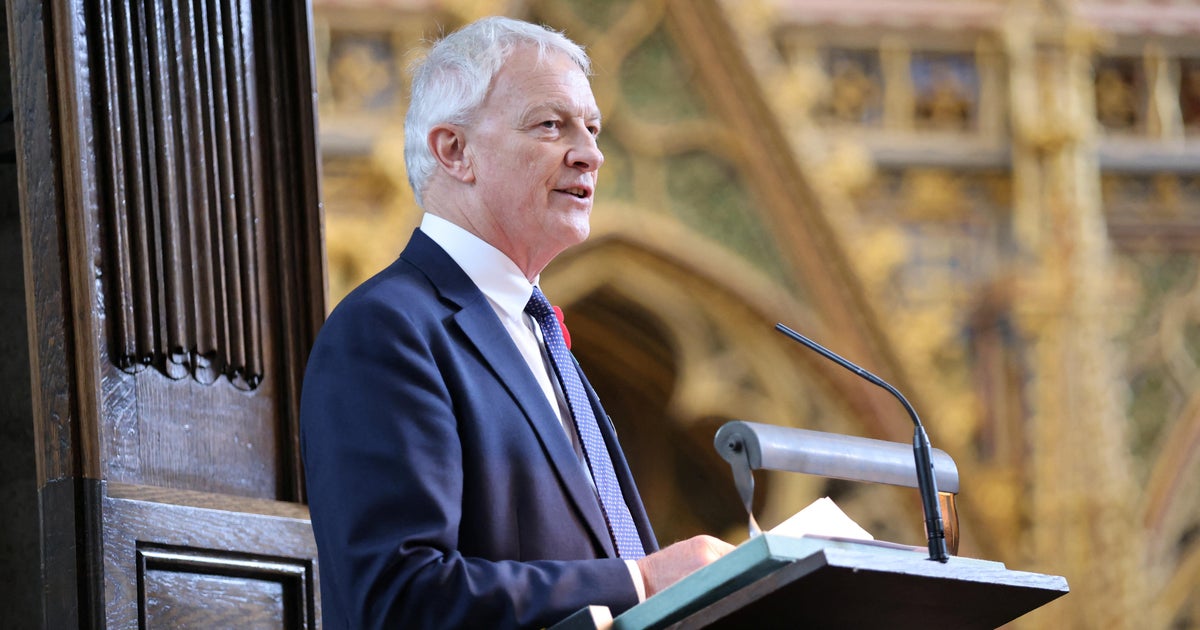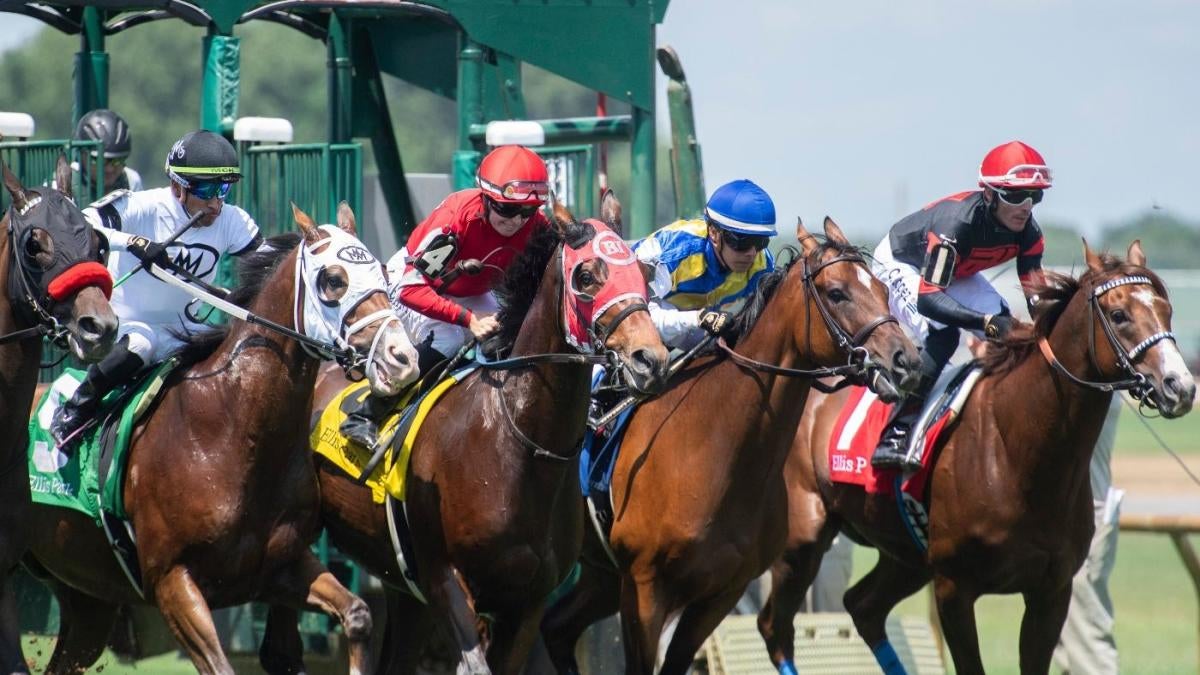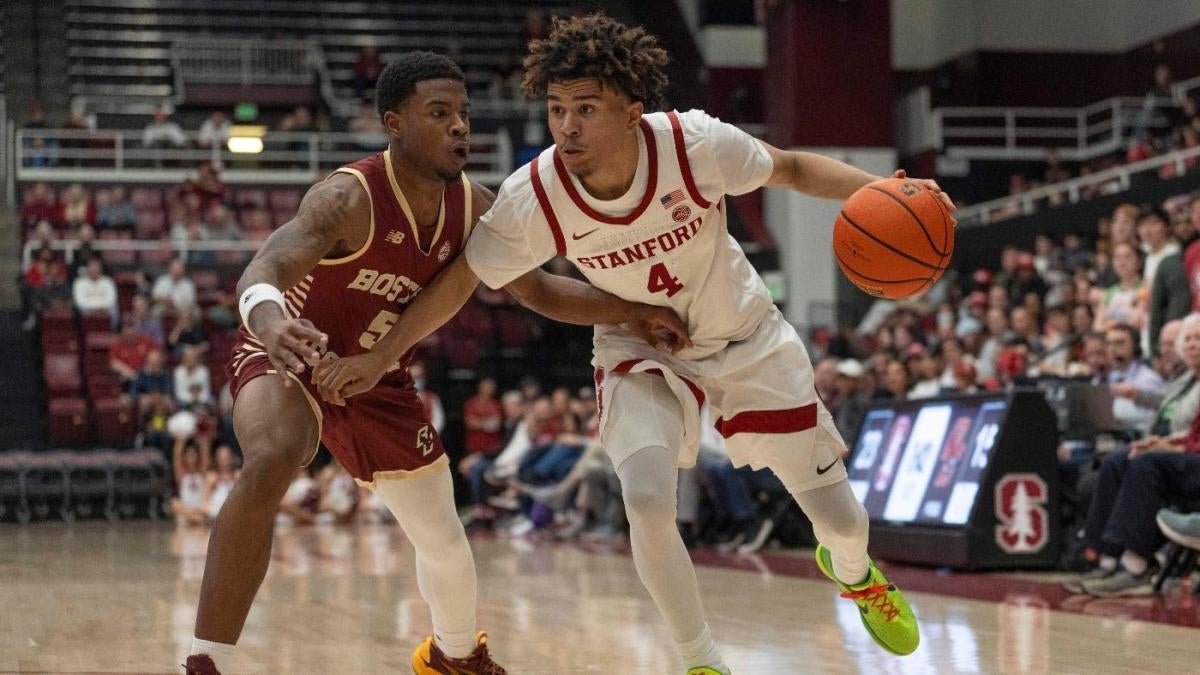Mr Vallance highlighted the need for better surveillance, rapid response mechanisms.
Sir Patrick Vallance, the UK’s former chief scientific advisor, has warned that another pandemic is a certainty and the incoming government needs to prioritise preparedness, according to The Guardian. Speaking at the Hay Festival, Vallance acknowledged the upcoming election but stressed the urgency of “sorting out” critical issues.
One of the most pressing matters, according to Mr Vallance, is establishing “better surveillance” to detect emerging threats early. He emphasised the importance of rapid response, echoing his message to G7 leaders in 2021.
Mr Vallance believes readily available diagnostics, vaccines, and treatments could prevent the need for drastic measures witnessed during the COVID-19 pandemic. While achievable, these improvements require significant international “coordination,” he cautioned.
According to The Guardian, he remarked that by 2023, the G7 had “sort of forgotten” the points he had made in 2021. He urged, “You can’t forget about it,” and recommended that pandemic preparations be treated with the same seriousness as military readiness.
“We know we have to have an army, not because there’s going to be a war this year, but we know it’s an important part of what we need as a nation,” he said. “We need to treat this preparedness in the same way and not view it as an easy thing to keep cutting back when there’s no sign of a pandemic—because there won’t be a sign of a pandemic.”
He mentioned the World Health Organisation’s push for the pandemic accord, a proposed agreement for countries to collaborate on pandemic preparedness, as one of the “positive steps” being taken.
“However, I don’t believe there is enough focus,” he said. If this issue is removed from the G7 and G20 agendas, “we will be in the same situation, and I hope that is a key outcome of the inquiry.”
He also noted problems with the speed and efficiency of inquiries, stating that we “must find a better way” to conduct them.
Although Vallance believes it is time for an election, he praised the outgoing government’s anti-smoking bill and expressed disappointment that it will not be passed before the election. “I think this needs to be addressed quickly afterward,” he said.













